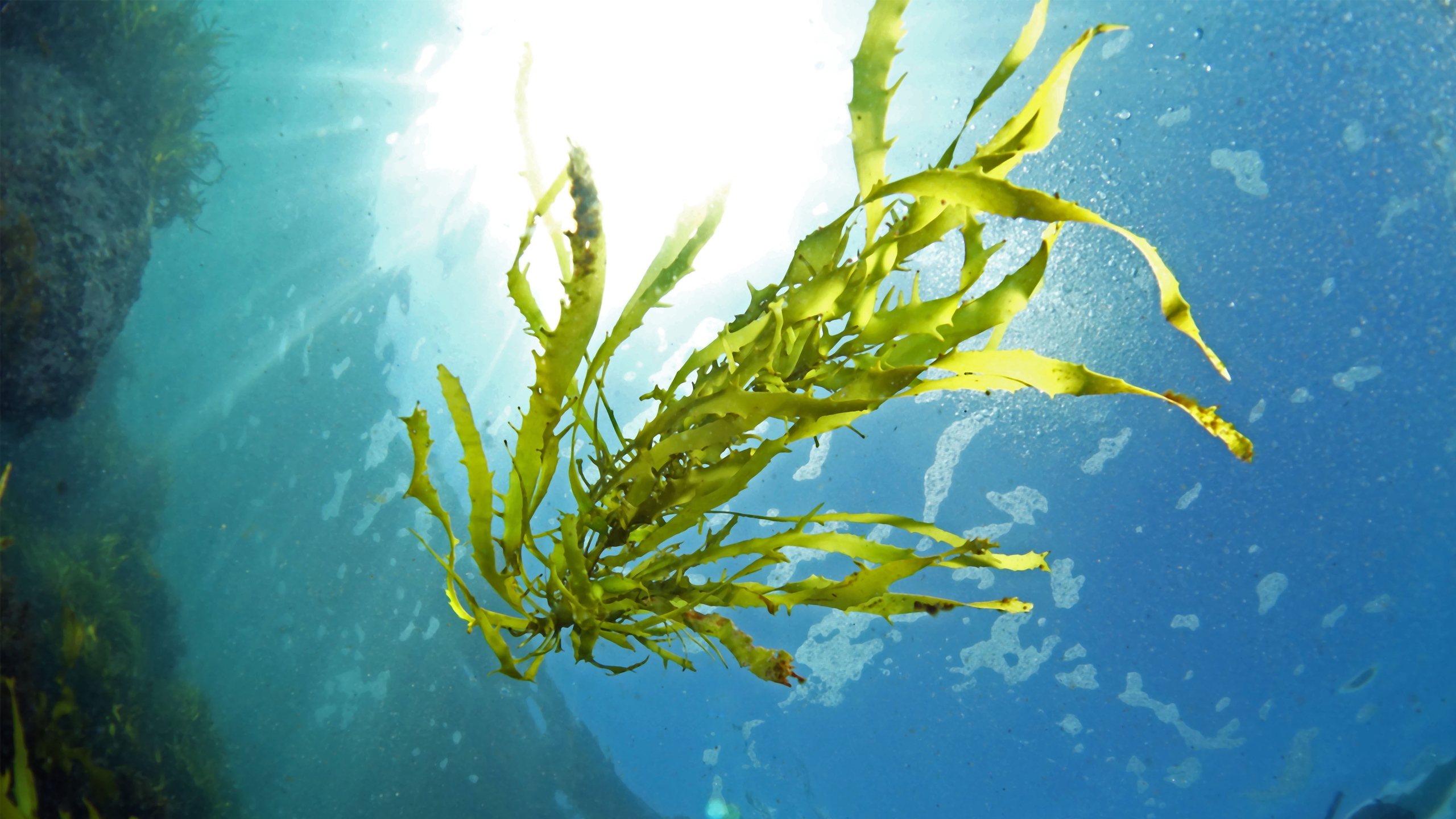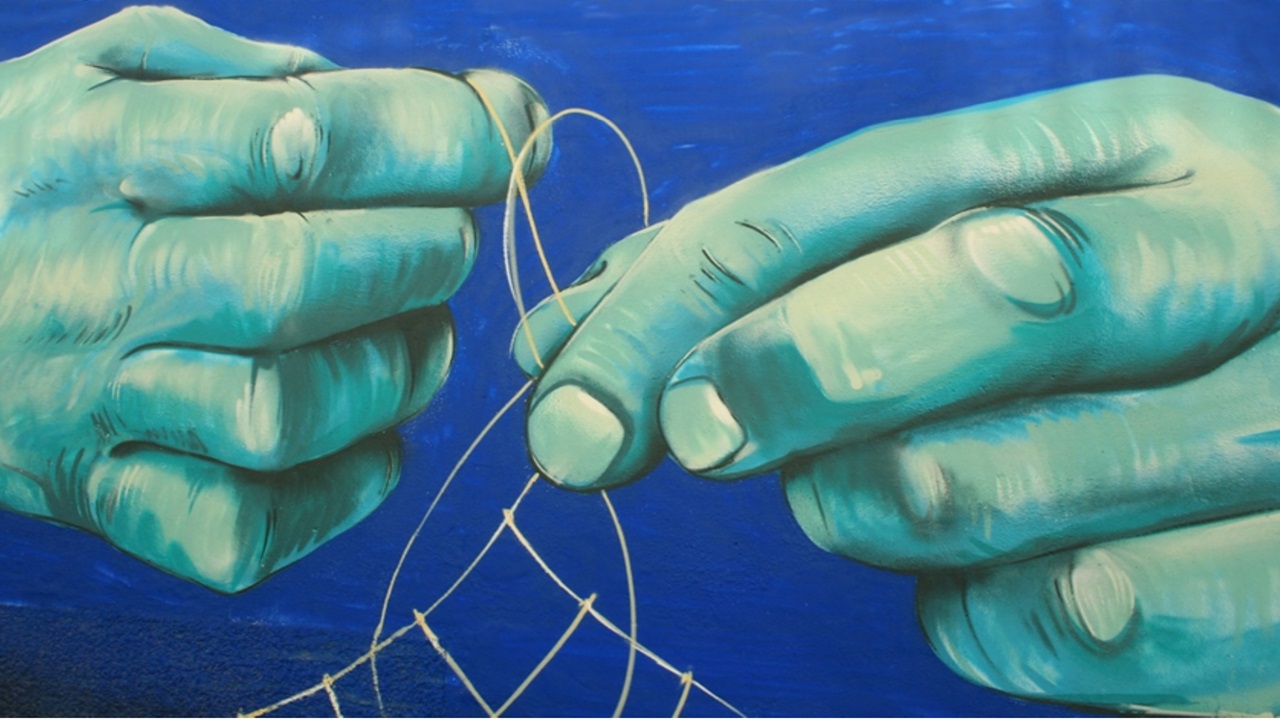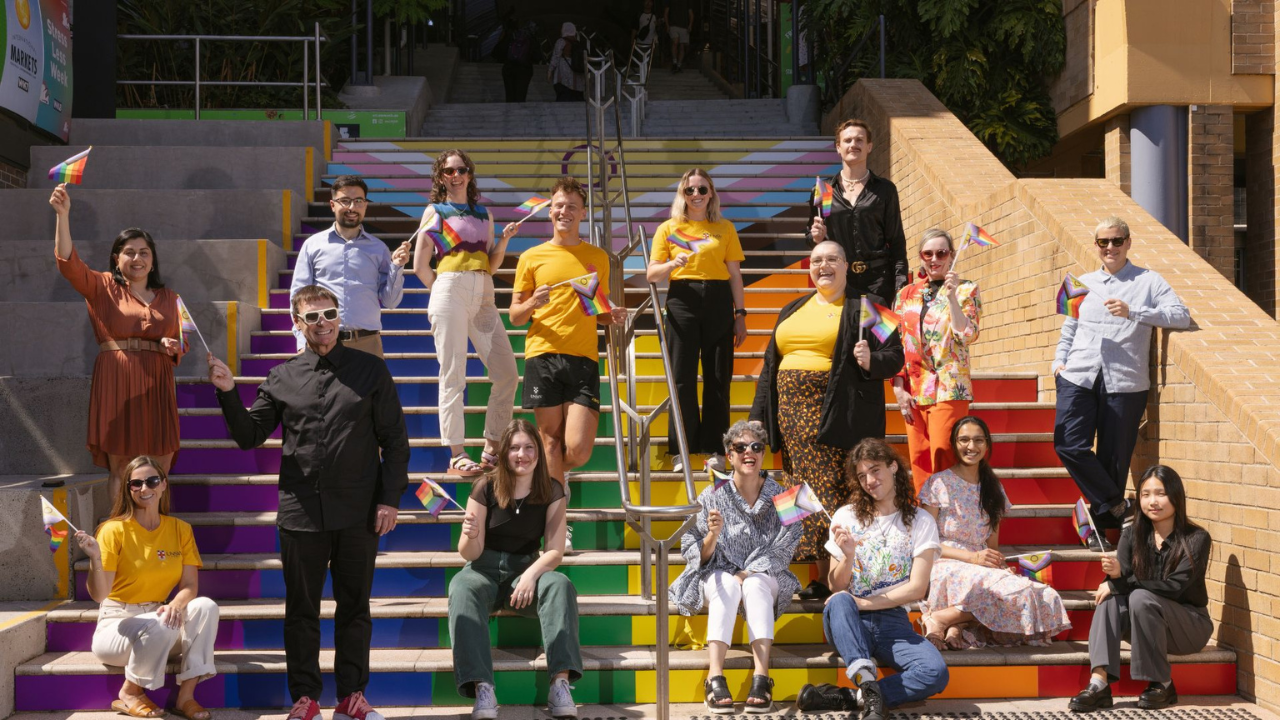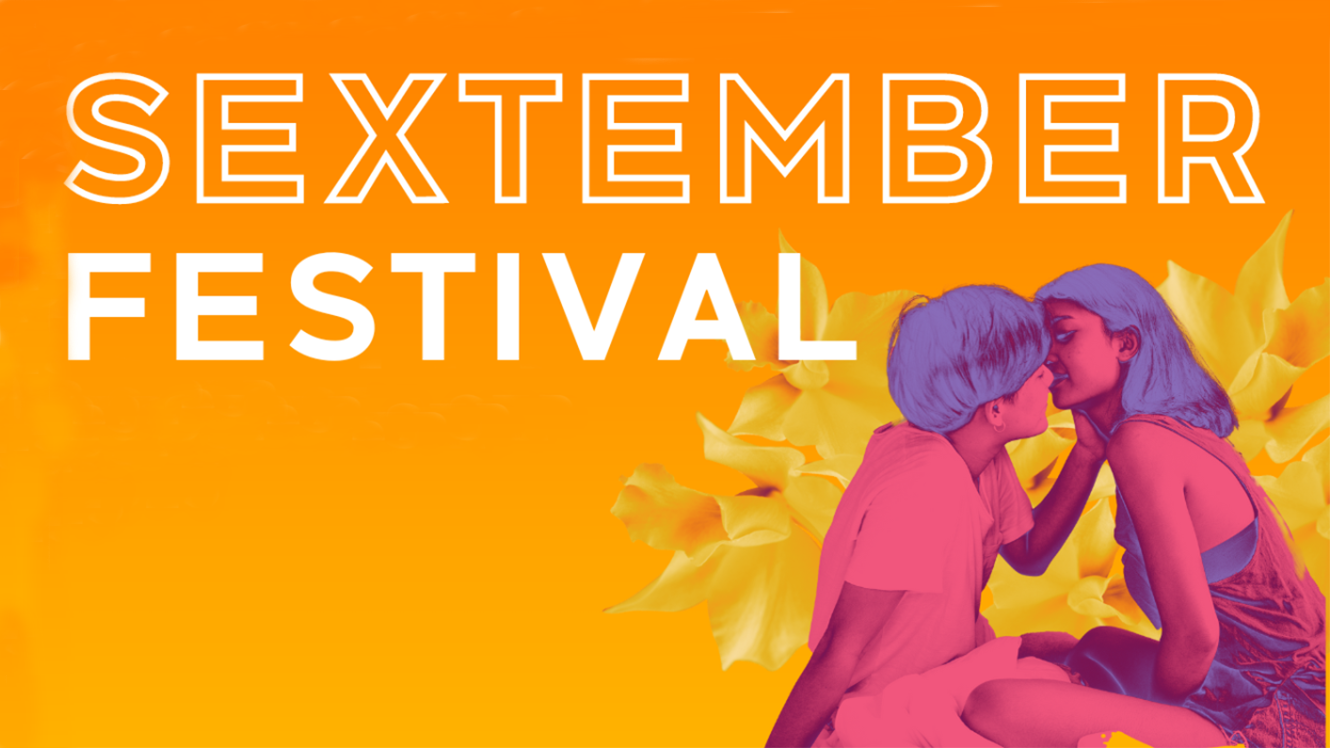The Future of Decision Making | Nobel Prize Dialogue Sydney 2024

The Nobel Prize Dialogue comes to Sydney for the first time to bring together minds from science and beyond, all gathering to discuss and explore the future of decision making.
This is an important subject to tackle. It is a big year for elections world wide. But democracy is in decline, geopolitical tensions are rising and artificial intelligence is likely to affect decision making in profound ways. It sometimes feels that our systems for making decisions need updating. How do we improve how we make collective decisions across cultures, geographies and generations?
In an evening of discussion, Nobel Prize laureates together will come together with international experts to explore the powerful forces that shape our decisions and how we navigate the digital age in a series of talks, accompanied by musical performances from DOBBY. Speakers include Tawakkol Karman, peace 2011, Saul Perlmutter, physics 2011, Brian Schmidt, physics 2011, constitutional lawyer Megan Davis and comedian, actor, composer, songwriter, pianist and director, Tim Minchin.
Explore the full program below.
---
Decision making for the greatest benefit to humanity | Brian Schmidt
While the universe can continue to expand indefinitely, humanity's footprint on Earth cannot. Our decision making processes must evolve to deal with global challenges such as climate change, conflict, pandemics, AI risk. Nobel Prize laureate Brian Schmidt will lay out the new risk landscape and how we can navigate it.
Democracy reimagined: new thinking for the 21st century | Megan Davis, Tawakkol Karman & Owen Gaffney
Cooperation is our superpower and democracy is a foundation of human progress. But we take them for granted at our peril. In some of the strongest democracies, democratic principles are being undermined while many voices are ignored. In this conversation Nobel Prize laureate Tawakkol Karman will tell her story of her determination to bring peace and democracy in the Middle East. Tawakkol will be joined by Megan Davis, a constitutional lawyer who is committed to greater Indigenous representation in Australian democracy.
Facts, fiction and critial thinking | Tim Minchin, Saul Perlmutter & Verity Firth
Facts matter. The scientific process matters. The ability to think critically is essential to navigate our world, to make good decisions and to solve some of the world’s most intractable problems. Nobel Prize laureate Saul Perlmutter believes everyone can learn the skills scientists use to think critically so that they don’t fool themselves. Saul will be joined by Tim Minchin, a writer, composer and fierce defender of facts, the scientific process and logic. Tim urges us all to embrace messy reality and be guided by our own creativity, curiosity and critical thinking.
The future of decision making | Tawakkol Karman, Saul Perlmutter, Brian Schmidt & Owen Gaffney
Some parting words from our Nobel Prize laureates Tawakkol Karman, Saul Perlmutter and Brian Schmidt about the evening and the future.
For more information on the Nobel Prize Dialogue head here.

TICKETS
VENUE INFORMATION
Sir John Clancy Auditorium is located at UNSW Sydney's Kensington Campus.
ACCESS
Wheelchair Access
The closest accessible drop off point to the Sir John Clancy Auditorium is at Gate 9, High Street. More information on getting there can be found via our interactive accessibility map available here.
Assisted Listening
The Sir John Clancy Auditorium has a hearing loop. Please see staff for assisted listening seats, and please turn your hearing aid to T for reception.
Auslan & Captioning
Auslan interpreting services and/or live captioning can be provided for selected talks upon request.
Contact
To book and discuss access services, please call the Centre for Ideas on 02 9065 0485 or email centreforideas@unsw.edu.au.
PUBLIC TRANSPORT & PARKING
The Sir John Clancy Auditorium is easily accessible via public transport. The closest light rail stop is the UNSW High Street (L2 line) and the closest bus stop is UNSW Gate 8, High Street (348, 370, 390X). For more information please call the Transport Infoline on 131 500 or visit transportnsw.info.
Free parking is also available in the Botany St Car Park (Gate 11) from 5pm. For access to free parking, event patrons must park in the UNSW Permit Holder bays, available on all levels. The Botany St Car Park (Gate 11) parking station is located here.
Paid casual and visitor parking is offered via the CellOPark App and ‘pay by plate meters’ in all other UNSW car parks. For more information head here.
CONTACT
For all enquiries please email centreforideas@unsw.edu.au or call the Centre for Ideas on 02 9065 0485.
The Centre for Ideas is happy to receive phone calls via the National Relay Service. TTY users, phone 133 677, then ask for 02 9065 0485. Speak and Listen users, phone 1300 555 727 then ask for 02 9065 0485. Internet relay users, visit relayservice.gov.au, then ask for 02 9065 0485.
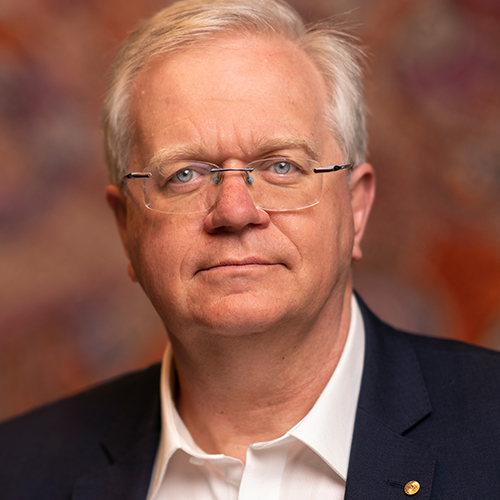
Brian P. Schmidt
Brian Schmidt is Distinguished Professor of Astronomy at the Australian National University. As leader of the High-Z SN Search team, he was awarded the 2011 Nobel Prize in Physics jointly with Adam Riess and Saul Perlmutter, for his work on the accelerating universe. Schmidt has worked across many areas of astronomy including studying supernovae, gamma ray bursts, gravitational wave transients, exo-planets, and metal poor stars.
Schmidt completed joint undergraduate degrees in astronomy and physics at the University of Arizona (1989), an astronomy master’s degree (1992) and PhD (1993) from Harvard University. After a postdoctoral fellowship at the Harvard-Smithsonian Center for Astrophysics, he joined the staff of the Australian National University in 1995. He served as the 12th Vice Chancellor and President of the Australia National University from 2016–2023.
More about Brian Schmidt and the 2011 Nobel Prize in Physics
Photo: Jamie Kidston © Australian National University.
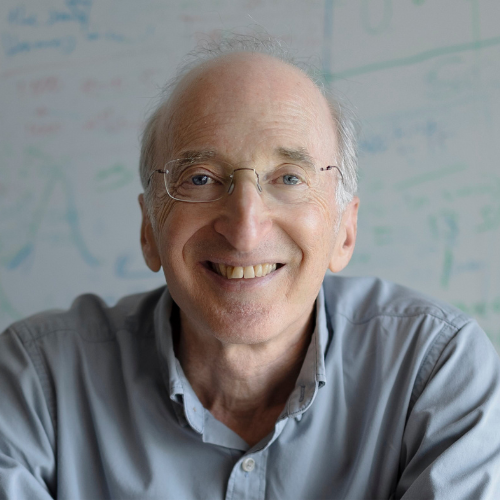
Saul Perlmutter
Saul Perlmutter is a 2011 Nobel Prize laureate, sharing the prize in physics for the discovery of the accelerating expansion of the universe. He is a professor of physics at the University of California, Berkeley and a senior scientist at Lawrence Berkeley National Laboratory. He is the leader of the international Supernova Cosmology Project, founding director of the Berkeley Institute for Data Science, and currently serves as a member of the U.S. President's Council of Advisors on Science and Technology. His interest in scientific-style critical thinking led to the development of the interdisciplinary courses “Physics & Music” and “Sense and Sensibility and Science,” which he has been teaching to undergraduates for more than a decade—and which is the origin of the new co-authored book, Third Millennium Thinking: Creating Sense in a World of Nonsense. An author of hundreds of articles on cosmology, Perlmutter has also written popular articles and appeared in numerous PBS, Discovery Channel, and BBC documentaries. In addition to other awards and honorary doctorates, he is a member of the National Academy of Sciences and the American Academy of Arts and Sciences and a fellow of the American Physical Society and the American Association for the Advancement of Science.
More about Saul Perlmutter and the 2011 Nobel Prize in Physics
Photo: Christopher Michel.
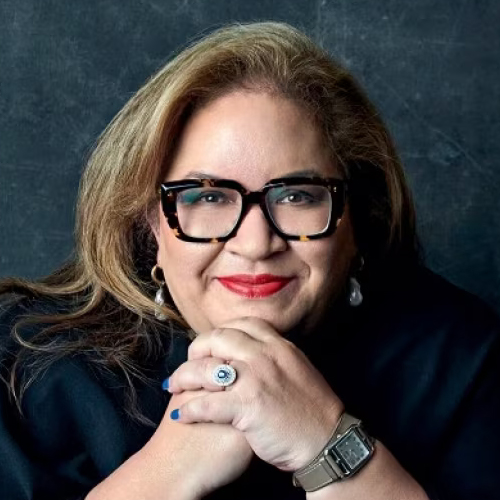
Megan Davis
Megan Davis is the Pro Vice-Chancellor Society at UNSW Sydney, holds the Balnaves Chair in Constitutional Law and the Whitlam Fraser Harvard Chair in Australian Studies at Harvard University and is a Visiting Professor at Harvard Law School. She is a renowned constitutional lawyer and public law expert, specialising on Indigenous peoples and the law, the constitutional recognition of First Nations and democracy.
She has been the leading Australian lawyer on constitutional recognition of First Nations peoples for two decades and designed the Referendum Council’s deliberative process that led to the Uluru Statement from the Heart. She is the co-chair of the Uluru Dialogue – the group of First Nations leaders who led the Uluru Statement from the Heart work. She is a globally recognised expert in Indigenous people’s legal rights and was elected by the UN Economic and Social Council as an expert member of the United Nations Permanent Forum on Indigenous Issues (2011–2016), and was also appointed by the United Nations Human Rights Council to the Expert Mechanism on the Rights of Indigenous peoples twice (2017–2022).
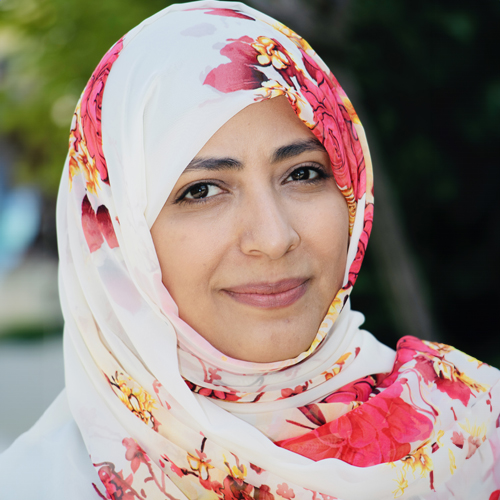
Tawakkol Karman
Tawakkol Karman, a Yemeni journalist and human rights activist, is the first Arab woman to win the Nobel Peace Prize. Known as the “Mother of the Revolution”, “The Iron Woman”, and “The Lady of the Arab Spring”, Karman led hundreds of protests against Yemen’s dictatorial regime, advocating for democracy and freedom of speech. She founded Women Journalists Without Chains and the Peaceful Revolutionary Youth Council, facing imprisonment and persecution for her active engagement in these causes. She played a pivotal role in pressuring former Yemeni President Ali Abdullah Saleh, who ruled from 1978 to 2012, to relinquish power.
Karman came forward as a courageous leadership figure during the Arab Spring in 2011 and was praised for her efforts against tyranny in the Arab world and for promoting reconciliation between Shia and Sunni Muslims, countering terrorism, and fostering dialogue between Islam and other religions. Karman's extensive influence is recognised globally. TIME Magazine listed her as one of the 17 Most Rebellious Women in History and one of the most influential women of the past century, featuring her on the cover of their 100 Strong Women in the World issue as a 'Torchbearer of the Arab Spring'. She is also recognised by Foreign Policy magazine as one of the FP Top 100 Global Thinkers and named among the most powerful women by many international media outlets and organisations such as CNN, BBC, and Reporters Without Borders.
Karman continues her struggle against tyranny, wars, and terrorism worldwide and advocates for expression rights, democracy, and development. She was appointed by the former UN Secretary-General to the High-Level Panel of Eminent Persons on the Post-2015 Development Agenda. She serves on the boards of several key international institutions and organisations, including the Nobel Women’s Initiative, Democracy for the Arab World Now (DAWN), and the Facebook and Instagram International Oversight Board. Her Tawakkol Karman Foundation plays an important role in development by building schools, fighting poverty, and supporting health institutions in Yemen.
More about Tawakkol Karman and the 2011 Nobel Peace Prize
Photographer: Abdullah Al-harazi.
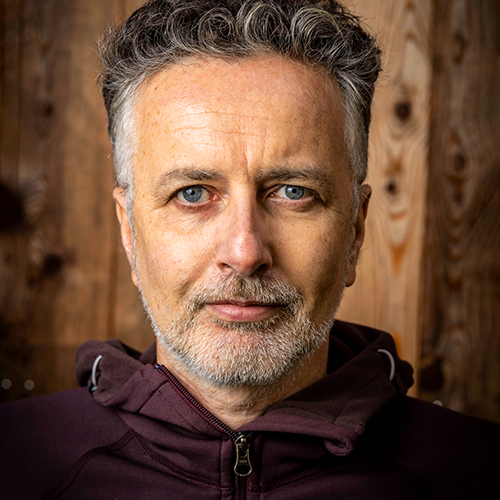
Owen Gaffney
Owen Gaffney is a writer, analyst and strategist. He is Chief Impact Officer at Nobel Prize Outreach. Owen co-founded the Exponential Roadmap Initiative and co-leads the Earth4All initiative. He has held positions at the Potsdam Institute for Climate Impact Research, Stockholm Resilience Centre, Future Earth, Global Commons Alliance and the International Geosphere-Biosphere Programme.
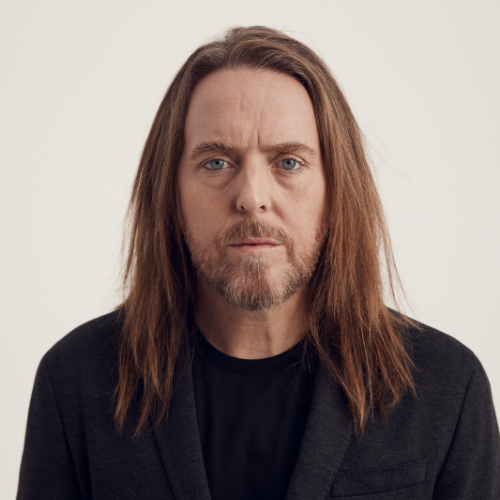
Tim Minchin
In addition to two decades of award-winning live performance and multiple recorded specials, Tim Minchin is the composer and lyricist of smash-hit stage musicals, Matilda and Groundhog Day. He is also a screenwriter (of the award-winning Upright, in which he stars alongside House of The Dragon’s Milly Alcock), and a screen actor, (Atticus Fetch in Californication, Friar Tuck in Robin Hood 2014, Darius Cracksworth in Disney's The Artful Dodger). He is a public speaker, and a book of his commencement speeches, You Don’t Have to Have a Dream, was recently published.
Stage roles include his acclaimed Judas in the 2014 UK / Australian Arena Tour of Jesus Christ Superstar, and Rosencrantz in the Sydney Theatre Company’s Rosencrantz and Guildenstern Are Dead. His 2020 studio album, Apart Together, peaked at #2 on the ARIA charts.
Among many accolades, he has won two Olivier Awards for Best Musical, a British Composers Award for Best Score, a Logie for Best Supporting Actor, an ACTAA for best TV comedy performance, an Edinburgh Comedy Award for best newcomer, a What’s On Stage Award for Best Actor in a Musical, the Richard Dawkins Award for Science Communication, and an Order of Australia for Services to the Arts and the Community. He has been nominated for some Tonys and a Grammy.
Photo: Damian Bennett.
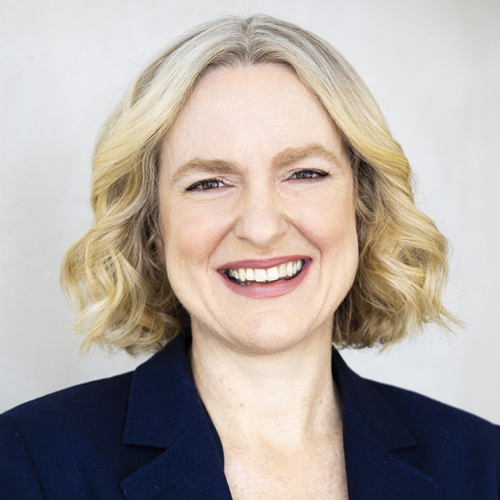
Verity Firth
Verity Firth is the inaugural Vice-President Societal Impact, Equity and Engagement at UNSW Sydney. She has over 20 years’ experience at the very highest levels of government and education sectors in Australia. Prior to her role at UNSW, Verity was Pro Vice-Chancellor Social Justice and Inclusion at UTS (2015–2023), CEO of the Public Education Foundation (2011–2014) and NSW Minister for Education and Training (2008–2011). Verity is a member of the Commonwealth Government’s Implementation Advisory Committee for the Universities Accord.
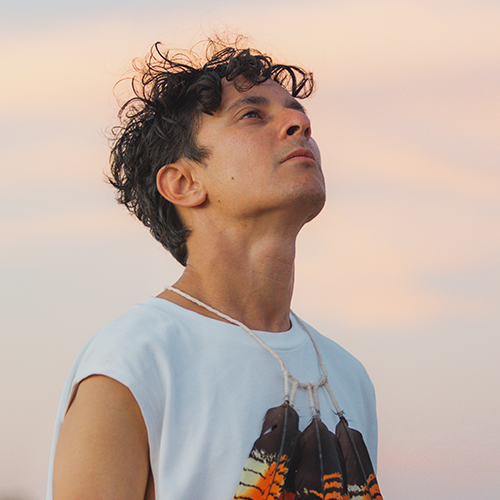
DOBBY aka Rhyan Clapham
DOBBY is a rapper, drummer, composer and producer. Proudly identifying as a Filipino and Murrawarri musician, DOBBY's roots run deep in the Aboriginal lands from Brewarrina and Weilmoringle in New South Wales. With his unique signature "drapping" style, DOBBY seamlessly blends rapping and drumming to create a sound that is entirely his own.
In 2022 he was awarded the NIMA Archie Roach Foundation Award, which recognises emerging First Nations artists who show exceptional talent and promise in their chosen field. DOBBY's music has taken him across the globe, from Germany to the UK, the USA to the Netherlands. DOBBY composed all the soundscapes for PARRTJIMA 2021 and 2022 in Alice Springs, NT, and his music was the driving force behind Australia's first 500-strong drones show, Elevate Sydney 2022 and 2023. DOBBY's music is more than just entertainment; his song 'I CAN'T BREATHE' won Best Video at the FBi SMAC Awards in 2020 and has become an anthem for Australia's Bla(c)k Lives Matter movement and used in schools to educate students on the struggles faced by marginalised communities.
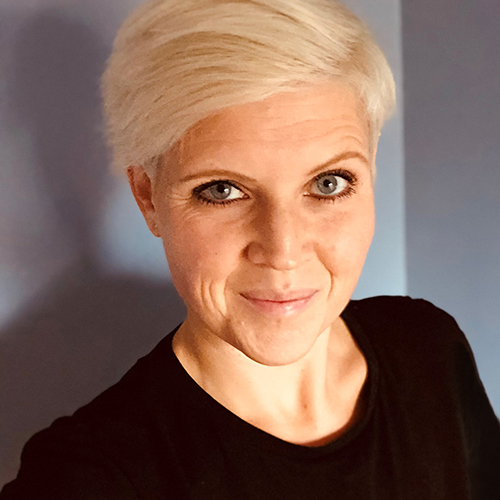
Sandra Brandin
Sandra Brandin is the Acting CEO of Nobel Prize Outreach, the communication and outreach arm of the Nobel Foundation. She plays a pivotal role in extending the reach and impact of the Nobel Prize through various international initiatives, including public events, educational programs, and digital content. Sandra has been instrumental in organising dialogues and conferences that connect Nobel Prize laureates with diverse audiences to discuss pressing global issues such as climate change, education, and health. Her leadership at Nobel Prize Outreach is marked by a commitment to fostering cross-disciplinary dialogue and inspiring younger generations to engage with science and societal challenges.
